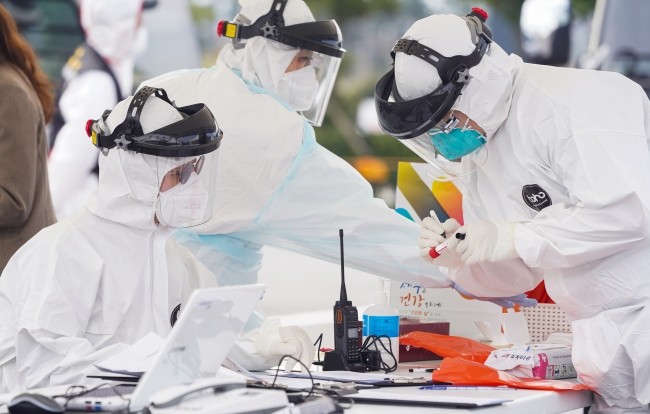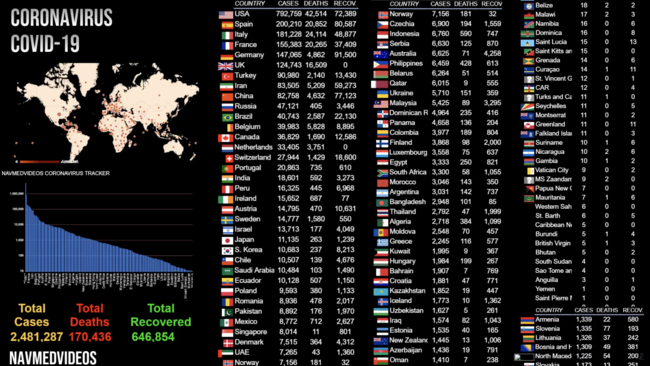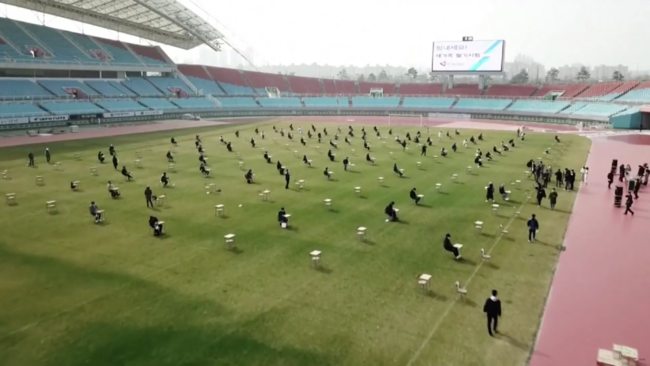|
When production stopped with Corona 19, it cleared up the Earth's sky. Political leaders and economists now must answer the question, “Without economic growth, are we not going to live in abundance?' The myth of economic growth, which maintains employment through constant production and gains momentum through consumption, was gradually coming to an end. Chronic unemployment and the destruction of the environment, which are not sustainable for the planet, have caused humanity to consider different ways of life. However, these were limited discourses and prescriptions, and no practical action was taken. Didn’t Greta Thunberg say that while the ecosystem is collapsing, people are only talking about the myths of money and endless economic growth? COVID-19 is now forcing us to act, not just talk.
Recently, a full-scale discussion has unfolded on basic income beyond disaster income support. Even when production stops, it seems possible for communities to pay their members for survival. In other words, a brand-new New Deal experiment will be conducted to overcome the economic crisis without shoveling and destroying the environment. This also shakes economic justice and social welfare systems. We have already learned that even when we invest money in a company, it does not necessarily maintain employment or invest in new growth.
On the premise that employment is considered normal, and unemployment is temporary and exceptional, unemployment benefits paid through complicated screening procedures are also too slow and unrealistic. Whether it's a worker who has the top four insurances covered, a small business owner, or a freelancer, everyone is suffering the same. Witnessing lines and lines of small business owners for emergency loans suggests that this is an economic depression.
In turn, we need to come up with new imaginations for the production of goods and services. Services essential to people's lives, such as health care, housing, education, and transportation, must be maintained and, of course, additional national finances shall be invested. If tax money is spent, then state control is also necessary. The products and services we need are now under the control of the community.
There are also problems caused by state control. While the Korean defense system against COVID-19 received worldwide acclaim, this success was achieved amid the dark side of Korean society. Because South Korea has weak labor rights, there is no means to resist, even if workers are forced to overwork and dedicate their efforts. The reality of Korean workers, including medical workers who are forced to endure despite their low-wage and dangerous environment, is the key to Korea’s perfect quarantine system.
| |
 |
|
| |
The COVID-19 situation is expected to continue for a prolonged period. The once-dormant contradictions of the political, economic, and social systems are emerging all over the world. There still exists one hope, thanks to the world stopped by COVID-19, that we feel the utility of “society” and “community” that has only been considered in abstract terms. In the consensus that the community should join forces rather than survive as individuals, it seems possible to reform the socio-economic system to strengthen the public nature, expand universal welfare, and transform toward an ecological mindset.
Online grocery shopping, e-learning, work from home, and videoconferencing systems are not services created by COVID-19. Services that used to be provided in person were gradually migrating online, already threatening existing services. The biggest change before and after the outbreak of the coronavirus is that there was a compelling justification for using these services. It’s not that my mother didn't know about online shopping services such as Market Kurly or Coupang, but she was just accustomed to going to a supermarket or a grocery store to see things for herself and buy them. Companies also had cloud services and teleconferencing systems for working from home early on. The reason we weren’t allowed to work from home is that it was easier for the manager to speak directly to the employees.
COVID-19 provided justifications that supersede individual habits and preferences. The people who were already using them, the people who knew about it but didn’t use them, the people who tried but went back to the old style, and the people who didn’t know and didn't use them were all brought into the field of online services. After experiencing it all together, a new consensus was reached: “I can actually do it,” “It's nice to use,” “It's more convenient,” “It'd be better if it only improved these points,” “This brand is the best among these services.” Beyond whether or not you use online services, we are now at the stage of establishing standards to use them. In the 20 years of my office career, I had never had a video conference with a domestic client.
About a month since the outbreak of COVID-19, everyone around me agrees that zoom is the best for video conferences. Advances in technology are not triggered by genius scientists, but by the consensus among its users. For example, autonomous driving is not a matter of technological development, but a question of whether people will allow machines to drive. Once agreed, it spreads at a frightening rate, and it is easy to take root in people’s daily activities. You can’t really go back to the earlier method. Now, everyone agreed to use online services, just as they moved from going to a bank to using an ATM, from using a computer to a mobile phone, and from a banking platform to a messenger platform. COVID-19 hastened the point of reaching that consensus.
|






















